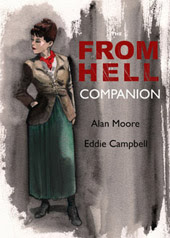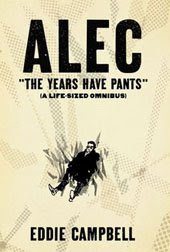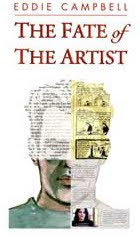I'm reading the appeal brief in the case of Marvel vs Kirby. It's hard slogging to get through all this legal terminology.

When, I ask you, did the word 'knockoff' become acceptable English usage???
"Did the District Court err in denying Defendants' motion to dismiss for lack of personal jurisdiction over indispensible parties, and assuming personal jurisdiction over lontime California residents Lisa Kirby and Neal Kirby, whose sole contact with New York was merely mailing statutory notices of termination as required by 17 U. S. C. 304(c)(4)? The standard review is de novo.Then we come to this bit:

When, I ask you, did the word 'knockoff' become acceptable English usage???














2 Comments:
1870, according to Websters.
The OED gives "knock off" as "To desist, leave off" from John Bunyan's Heavenly Foot-man in 1688:
"If thou do not... knock off from following any farther."
"To dispatch, dispose of, put out of hand, accomplish; to complete or do hastily" from Thomas Love Peacock's Melincourt in 1817:
"He had ... to dispose of ... a christening, a marriage, and a funeral; but he would knock them off as fast as he could."
"To steal, to rob" from the Athenæum in 1919:
"A curious term used by a Tommy, in 'explaining' his deficiencies of kit, is 'Someone knocked it off' for 'Someone pinched (or made away with) it'."
But the reasonable extension "A copy or reproduction of a design," they don't show in a print source until the N.Y. Times reported it in 1966:
"Copying designs to sell for less has a name in the industry. It is called the 'knockoff'."
Google Books beats that with a snippet view from the Publishing, entertainment, advertising and allied fields law quarterly in 1963:
"The textile industry now sees that buyers for the retail stores are less inclined to encourage dress manufacturers to ... with impunity induce converters to "knock-off" copyrighted designs and thereby secure the copy at a reduced price."
So I guess the courtroom is its natural home.
Post a Comment
Subscribe to Post Comments [Atom]
<< Home